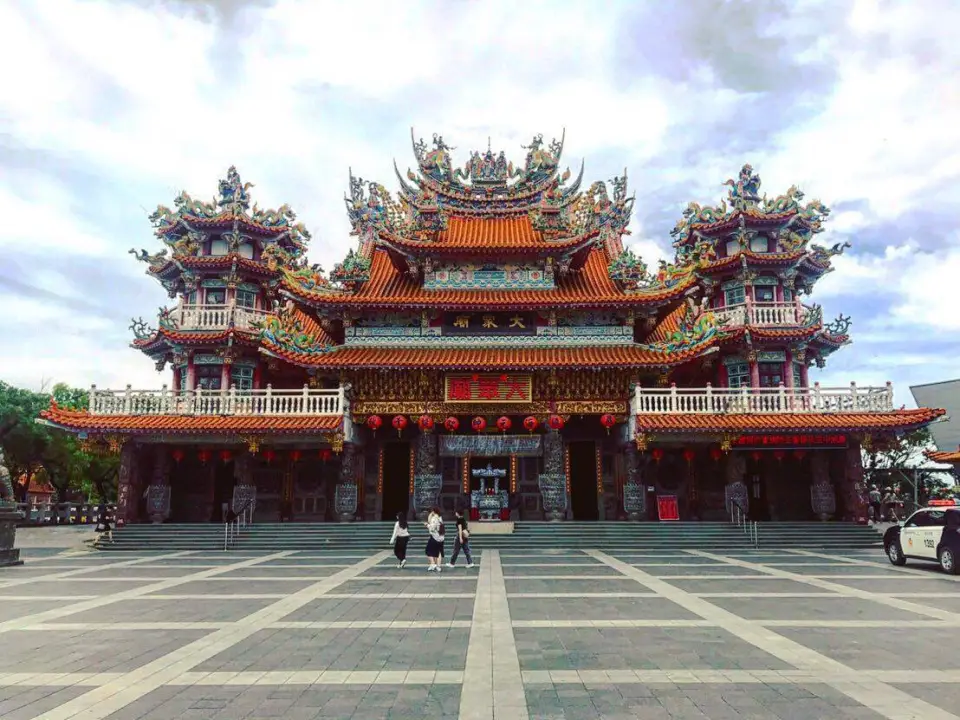loola-games.info – Taiwan is an island where diverse religious beliefs coexist, with Buddhism being one of the most prominent. The influence of Buddhism in Taiwan is seen not only in its numerous temples but also in the daily practices and cultural life of its people. This article explores the vibrant Buddhist landscape of Taiwan, highlighting its temples and religious practices.
The Temples of Taiwan
Taiwan is home to thousands of Buddhist temples, each with its unique architecture and spiritual significance. Among these, the “Four Great Mountains” stand out as central religious institutions that have greatly influenced Taiwanese Buddhism:
- Fo Guang Shan: Located in Kaohsiung, Fo Guang Shan is one of the largest Buddhist organizations in Taiwan. It is known for its impressive architecture and the majestic Buddha statue that attracts millions of visitors each year.
- Dharma Drum Mountain: Situated in New Taipei City, this temple is noted for its emphasis on meditation and education. It integrates modern architectural elements with traditional Buddhist designs, promoting a harmonious relationship with nature.
- Tzu Chi Foundation: Although not a temple in the traditional sense, the Tzu Chi Foundation is a Buddhist humanitarian organization based in Hualien. It is known for its charitable works and disaster relief efforts worldwide.
- Chung Tai Chan Monastery: Located in Nantou, this modern and striking temple is a center for Chan (Zen) Buddhism, offering a serene space for meditation and reflection.
Religious Practices
Buddhism in Taiwan is characterized by a blend of traditional practices and modern adaptations. Many Taiwanese people incorporate Buddhist principles into their daily lives, including:
- Meditation and Chanting: Regular meditation and chanting sessions are common in temples and homes, helping practitioners cultivate mindfulness and inner peace.
- Festivals and Rituals: Buddhist festivals, such as Vesak and the Ghost Festival, are widely celebrated with various rituals, including offerings to ancestors and communal prayers.
- Humanistic Buddhism: This modern approach emphasizes applying Buddhist teachings to address contemporary social issues, focusing on compassion, education, and environmental conservation.
Conclusion
Buddhism in Taiwan is a dynamic and integral part of its cultural and spiritual fabric. The island’s temples serve as centers of worship, cultural heritage, and community service, while the practices reflect a rich tapestry of traditional and modern influences. As Taiwan continues to evolve, Buddhism remains a vital force, guiding its people in the pursuit of harmony and enlightenment.

